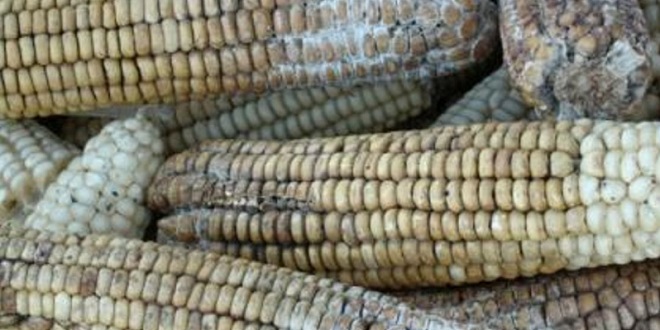Certified Maize Dealers Named, Others Given June Deadline says UNBS
3 min read
The Uganda National Bureau of Standards has issued a list of 27 certified maize millers in a bid to protect the public from consuming substandard maize products. This comes amidst growing concern about the quality of maize and flour on the market.
Recently, Kenya banned Uganda’s maize claiming that the grain had unacceptably high levels of aflatoxins. But the ban was later lifted with stringent conditions attached. Maize is a staple food in Uganda and a leading agricultural export to East Africa, for both human consumption and animal feed.
The standards body has given all millers around the country up to June to have their factories certified or they will not be allowed to operate. It is calling upon all the concerned to adhere to the maize flour quality standards as well as seek UNBS certification before placing their products on the market.
The UNBS use of the Distinctive Mark regulation 2018 requires all products under mandatory standards, of which maize flour is among, to be certified by UNBS before being placed on the market. “Violation of this regulation attracts a fine not exceeding 10 million Shillings (500 currency points) or imprisonment not exceeding five years or both,” says the statement.
The standards, among others, help minimize contamination and ensure safe maize flour on the market. Conditions for the Q-mark also include ensuring that the business premises, the maize milling equipment and stores are regularly cleaned and the cleaning records are well kept.
Aflatoxins, the most lethal toxin in maize can be avoided by storing maize or maize flour on pallets or polyethene sheet instead of directly on the floor. This helps to avoid contact with damp floors that could lead to Moulds and Aflatoxin contamination. The UNBS is also discouraging the use of unacceptable pest control methods like spraying with pesticides and insecticides which contaminates the maize flour, as well as keeping pets like cats away because they leave fur behind.
“Ensure that there is no foreign matter like stones, wooden particles, hair or nails in the flour and avail magnets to get rid of metal that could have contaminated the maize flour during the milling process,” it implores.
At the premises, the standards require that dealers and processors ensure workers are fully dressed in Personal Protective Equipment and should have clean changing rooms, as well as regular medical check-ups. The standards also compel the businesses to ensure proper packaging and labelling of finished products.
“Product Labels should have the brand name, date of manufacture, Expiry date/ sell-by date, Name of manufacturer, Address of manufacturer, storage instructions, Instructions for use, size and net weight of the products,” the standards state.
Out of the 50 companies that applied, 27 brands were certified including; Arise and Shine, Batem, Graminae Meal Life, Kabagombe, Wani Lolu, Ryanja, Maganjo and Olympic Maize Flour. Others include; Mandela Millers Supreme Flour, Grain Pulse, Tamasha, Maize Grit, Nanziga, Simba and Talemwa maize flour, Mire, MM, Aponye, Gwt, Avaada, Daily Meal, DK and Too Maize Flour. The certification permits expire every after 12 months and the permit holder is required to renew them.





